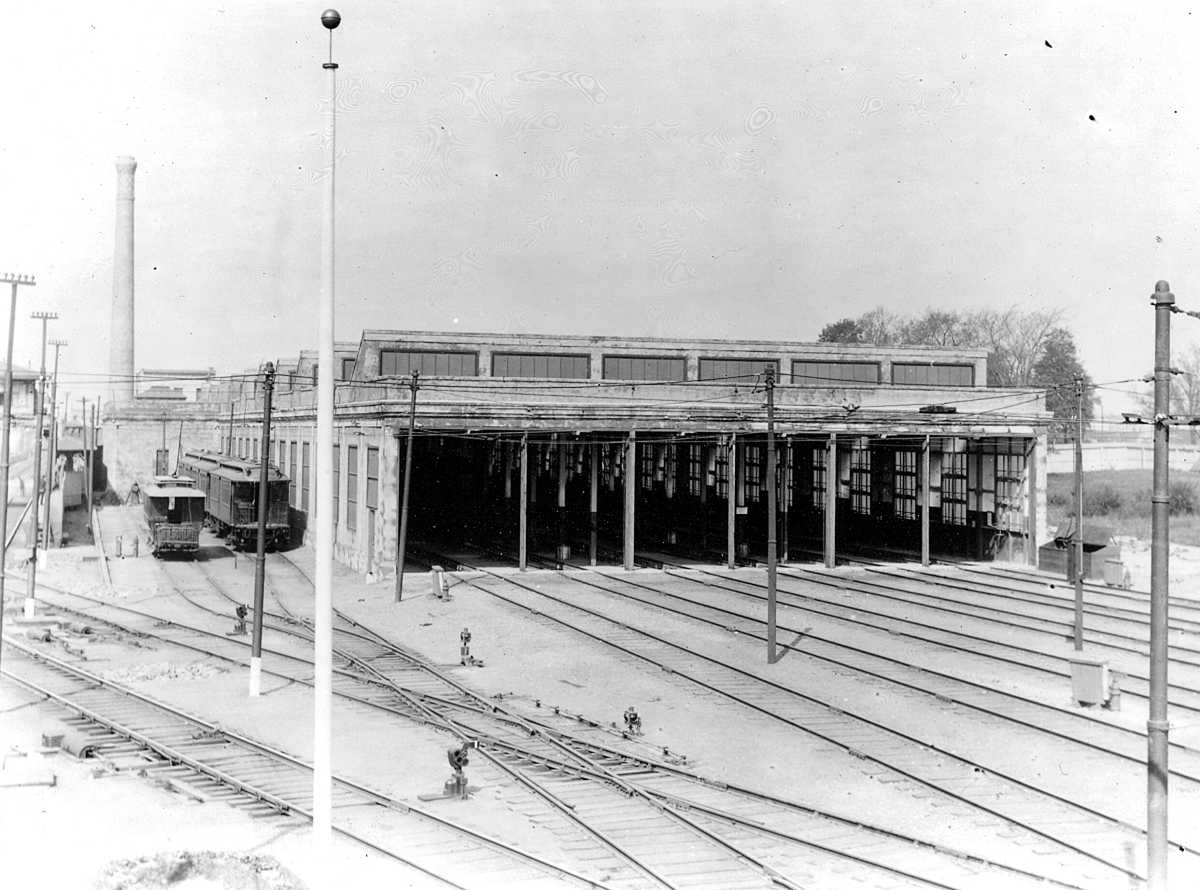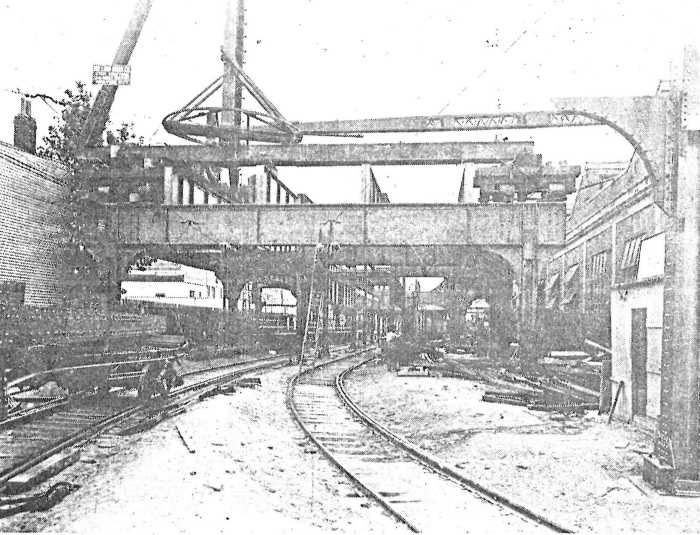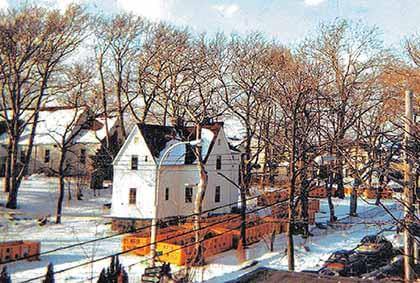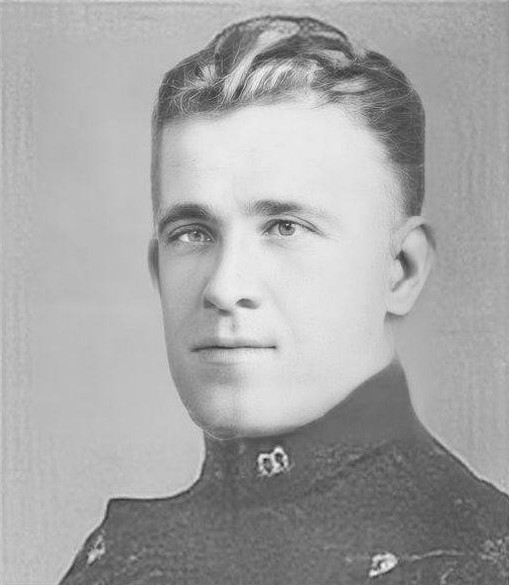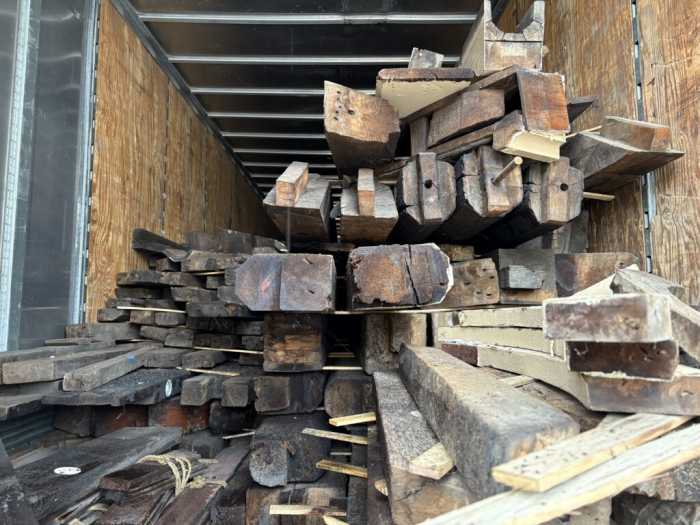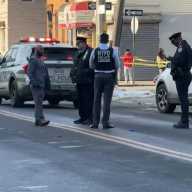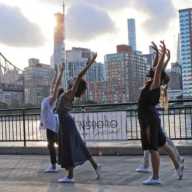Cypress Avenue remains one of the most important roadways near the Brooklyn/Queens border, running from Flushing Avenue in Bushwick down to Cypress Hills Street (the road formerly known as Fresh Pond Road and Stony Road) in Glendale. A portion of the roadway from Bleecker Street to Flushing Avenue serves as the border itself.
At the turn of the 20th century, Cypress Avenue was the site of many major public works projects — and they were beset by problems.
In May 1899, the city began paving Cypress Avenue with Belgian block from Flushing Avenue to Cypress Hills Cemetery. At around the same time, the Brooklyn Rapid Transit (BRT) decided to double a 1.7-mile-long single-track trolley line that ran along Cypress Avenue from Ridgewood Depot (at the corner of Myrtle and Gates Avenues, about two blocks west of Cypress Avenue) down to Cypress Hills Street (which was then known as Fresh Pond Road) in Glendale.
The Glendale terminus was the location of Banzer’s Picnic Park, a popular destination for many spring and summer outings for thousands of local families.
The BRT hired a contractor for the project, and work was started in early May 1899 — but the project came to a halt the following month, after the street had been badly torn up. There was a dispute between the city and BRT as to which party would be responsible for paving between the new tracks.
The dispute was eventually resolved and the work was completed. However, there was a different problem that led to more construction on Cypress Avenue.
A lack of adequate sewers caused tremendous floods along Cypress Avenue south of Myrtle Avenue; the road quickly deteriorated, and by 1913, it was necessary to repave it. This time, granite block (cobblestones) were laid over a 6-inch-thick concrete base, with the granite stones sealed with tar and gravel.
Just prior to World War I, the Ridgewood Civic Association requested of the BRT that the Cypress Avenue trolley line be extended to continue past Banzer’s Park and go south down present-day Cypress Hills Street to Jamaica Avenue. Inasmuch as Cypress Hills Street was only 30 feet wide in some parts, it would have required extensive alterations to widen it to 75 feet, by removing parts of the cemeteries on both sides and relocating many graves.
Because of the cost, the idea was abandoned.
In May 1917, it was announced that the Ridgewood Depot would no longer be used. It had housed the trolley cars and, before that, the steam dummy trains that were used in the area. The depot consisted of three buildings: an office or administrative building, which was known as Bushwick House; a wooden clubhouse known as “The Cottage”; and a red brick “rumbling” building at Gates and Wyckoff avenues.
The administration and the clubhouse were built by the Bushwick Railroad Company. The car house was built by the Brooklyn City Railroad Company, which had purchased the Ganta Farm in 1872 for $4,000 per acre so that they could construct the car house, which held 270 cars. The two companies then merged in 1888, so all three buildings were under common ownership.
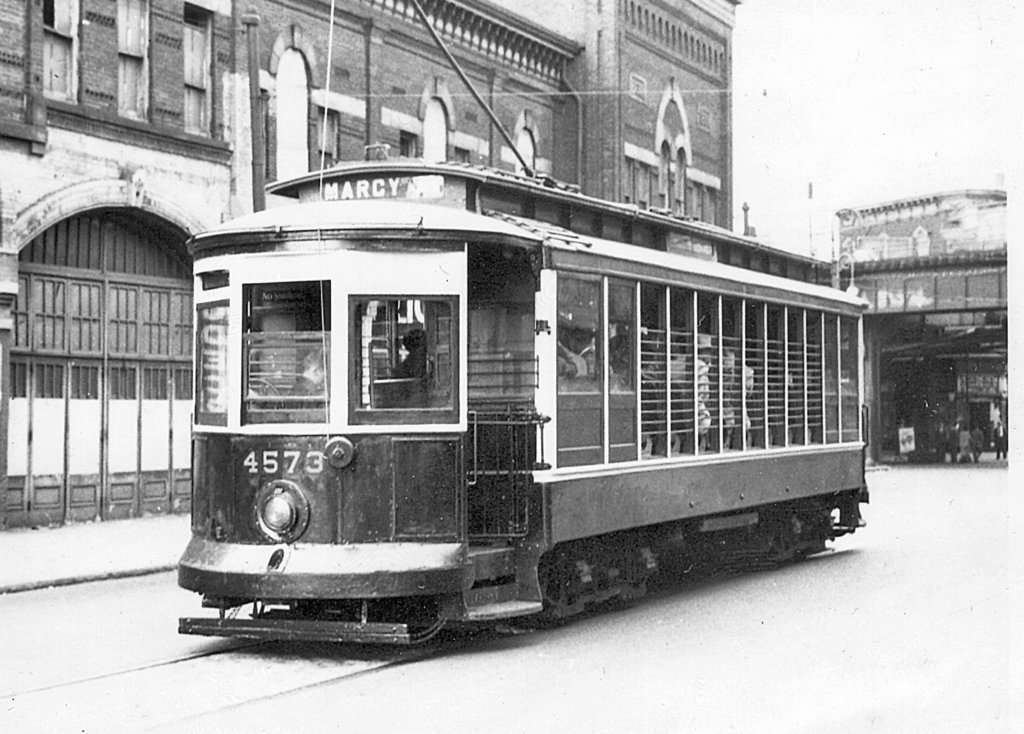
The Bushwick Railroad leased out the clubhouse for use as a beer garden and concert hall, and it was used by local residents. The Ridgewood Depot was replaced by the car terminal at Fresh Pond Road and Putnam Avenue, which had 18 tracks in the yard for 700 cars, plus a yard holding 200 surface cars.
Trolley cars disappeared from our neighborhood’s landscape long ago and were replaced with buses. Today, the former Ridgewood Depot is the site of the Fresh Pond Road bus depot and the Fresh Pond Yard, where M trains are stored when not in service.
Source: The Nov. 7, 1985, Ridgewood Times.
* * *
If you have any remembrances or old photographs of “Our Neighborhood: The Way It Was” that you would like to share with our readers, please write to the Old Timer, c/o Ridgewood Times, 38-15 Bell Blvd., Bayside, NY 11361, or send an email to editorial@ridgewoodtimes.com. Any print photographs mailed to us will be carefully returned to you upon request.

